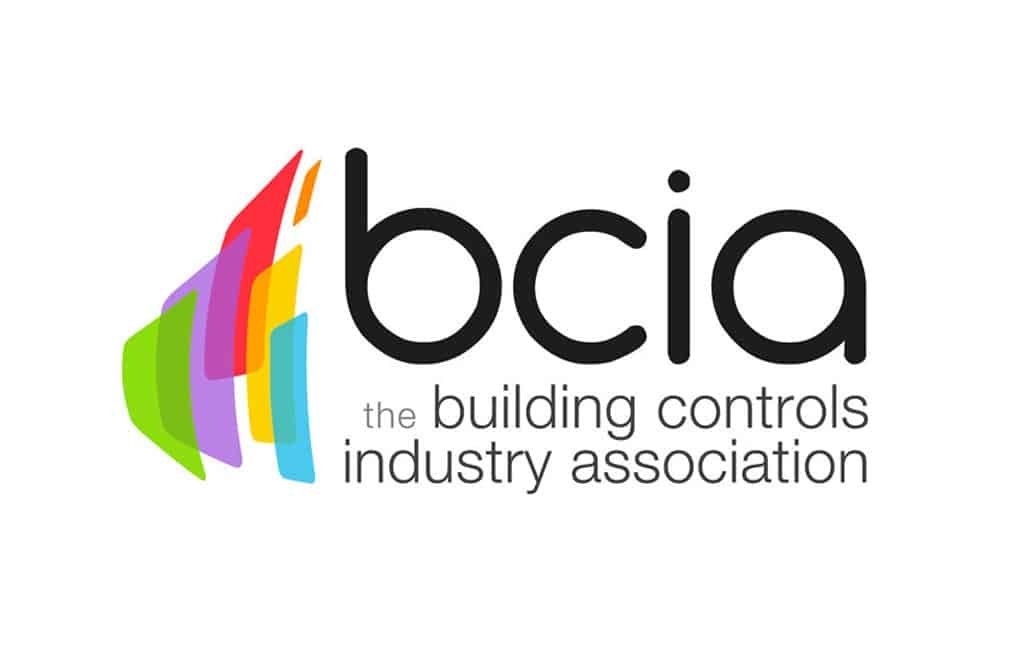Shaping the future of building controls policy
The government’s plans to introduce Minimum Energy Efficiency Standards (MEES) for the private rented sector and the role that building controls can play in helping the UK reach net zero by 2050 were two of the main talking points at the Building Controls Industry Association’s (BCIA) recent Policy and Advocacy Working Group Meeting.
With the BCIA focused on driving policy and shaping the future of the building controls sector in the most positive way, keeping members updated on changes to policy and regulation is vitally important. To that end, the association has established a Policy and Advocacy Working Group, with its first full meeting taking place on Wednesday 18th September.
Overseen by Gemserv, the BCIA’s Policy and Government Affairs consultants, the Working Group meeting provided members with an update on what has been a busy and productive past three months when it comes to policy across the industry.
One of the biggest impacts on the Building Energy Management Systems (BEMS) sector is the government’s plans to introduce new MEES for the private rented sector. It is expected that the government will announce that owners of privately rented commercial properties will need to achieve an Energy Performance Certificate (EPC) of B or above by 2030.
As the building controls sector’s leading organisation, the BCIA appointed Gemserv on a retained basis to engage with stakeholders and raise awareness of building controls with key policy-makers. So, members of the Policy and Advocacy Working Group were informed of several successful meetings between the BCIA and key policy-makers that highlighted the various policy opportunities of building controls.
Indeed, the BCIA recently met with the non-domestic decarbonisation team at the Department for Energy Security and Net Zero (DESNZ) to discuss how building controls can help the department achieve its policy objectives.
During this meeting, the DESNZ raised some important questions about how the building controls sector can be effectively supported through policy. As a result, the Working Group members were asked to provide their views and opinions and a collective response has been collated.
The government is also expected to make significant changes elsewhere in the industry, such as the introduction of the Future Buildings Standard in 2025 and plans to consult on Energy Performance Certificate (EPC) reform, so members were also briefed on these.
As part of its pre-election manifesto, the Labour party also stated its ambition to save UK businesses £53 billion in energy bills by 2030. Both this target and the expected changes to MEES have the potential to present exciting commercial opportunities for the building controls industry in the years ahead.
With the BCIA keen to build upon the momentum of the past three months, the Working Group discussed plans for the organisation to meet with other entities such as Mayoral Combined Authorities, other government Departments, such as the Ministry of Housing, Communities, and Local Government, and think tanks, to discuss how building controls can be supported through the Building Regulations and the Future Buildings Standard.
Furthermore, there are also plans for the organisation to write to relevant Parliamentary Select Committees about the benefits of building controls and their application within policy. Members’ views on the potential development of a technical paper focusing on the benefits of BEMS were also gathered. This would help to demonstrate the strategic value of BEMS for the government and drive favourable policy change.
It’s been a positive third quarter of 2024 in regard to building controls policy and the plans in place for the next three months should build on that and leave the sector in a strong position moving into 2025.
